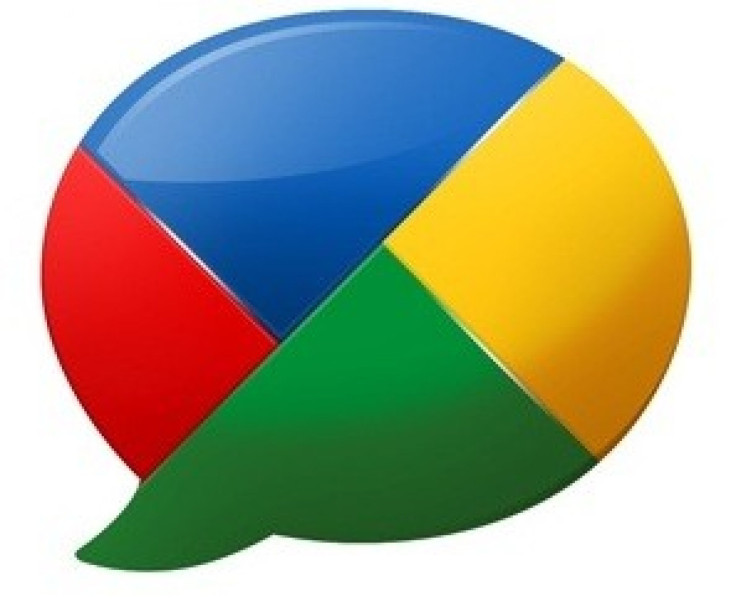Google Buzz: Killed (2010-2011)

Google announced Friday it will pull the plug on its microblogging service Google Buzz in favor of its growing social network Google Plus.
In a few weeks we'll shut down Google Buzz and the Buzz API, and focus instead on Google+, said Bradley Horowitz, Google's VP of product development on Google's official blog. While people obviously won't be able to create new posts after that, they will be able to view their existing content on their Google Profile, and download it using Google Takeout.
Buzz was Google's big attempt at social media. Released in 2010, Google Buzz allowed users to post individual status updates, photos and videos to a single Buzz feed, like a mash-up between Twitter and Facebook. It turned out to be, however, much less than the sum of those two networks.
Google is also folding a number of its other social offerings, including Twitter clone Jaiku, Code Search, and the social features found on iGoogle. The company is folding these platforms to make way for Google's social forerunner, Google+, which has been steadily growing since its launch on June 28.
Google+ is now open to everyone and we just passed the 40 million user mark, said Google CEO Larry Page at the company's third quarter earnings release Thursday. People are flocking into Google+ at an incredible rate and we are just getting started!
Google also plans to cut Google Labs, which was, according to the company, a playground where our more adventurous users can play around with prototypes of some of our wild and crazy ideas and offer feedback directly to the engineers who developed them. Labs is responsible for spawning several Google products, such as Reader and Goggles, and was a conduit for testing out ideas generated by Google's famous 20 percent time policy.
The 20 percent time policy at Google lets its employees spend about 20 percent of their time working on projects that aren't necessarily in [their] job descriptions. Similar to how Facebook encouraged innovation through its Hackathons, the 20 percent time policy has given birth to some of Google's best products, including Gmail and Google News.
Buzz and Labs are being killed for the same reason: Google wants its employees to shift their focus to developing current projects, instead of focusing on smaller, ancillary ventures.
So far, Larry Page's plan to focus on a few, key projects is working. Google exceeded all estimates of its third quarter financial results Thursday, reporting revenues of $9.72 billion. Google's one million-plus partner sites, like Epicurious and Gizmodo, generated $2.6 billion for the company, while Google-owned sites provided 69 percent of total revenues with $6.74 billion.
© Copyright IBTimes 2024. All rights reserved.












